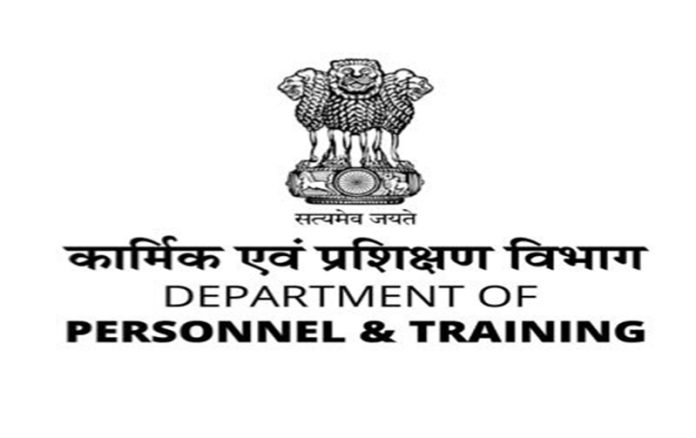In an assertive move to enhance governance and accountability within the public sector, the DoPT has directed all ministries to conduct timely reviews of employees’ performance, ensuring non-performers are identified and prematurely retired. This directive underscores the Centre’s commitment to bolstering administrative efficiency, emphasising the importance of adherence to established guidelines for periodic performance reviews. The directive mandates that PSUs, banks, autonomous institutions, and statutory bodies under the administrative control of various ministries must engage in periodic reviews of their employees. The aim is to determine whether employees should be retained or prematurely retired in the public interest. This process, rooted in the provisions of Fundamental Rules (FR)-56(J)/(I) and Rule 48 of the CCS Pension Rules, underscores the critical need for a robust mechanism to ensure the efficient functioning of Government operations.
The periodic review of employees’ performance is not a new concept. The DoPT has, on multiple occasions, issued instructions to this effect, emphasising the necessity of ascertaining the retention or premature retirement of Government servants based on their performance. However, the recent order highlights a significant gap between directive issuance and implementation. It has been observed that several ministries and departments have failed to adhere to these guidelines, leading to delays in identifying employees who are due for review. The consequences of such delays are far-reaching. Inefficiency, a lack of accountability, and the persistence of non-performers within the system undermine the overall effectiveness of Government operations. In a public sector environment where efficiency and accountability are paramount, the presence of non-performers can erode public trust and hinder the delivery of essential services.
The latest order by the DoPT serves as a reminder to all ministries and departments of their responsibility to uphold these principles. They must undertake immediate action to identify employees due for review under the relevant provisions of the Fundamental and Pension Rules. The timely submission of these cases to the duly constituted review committee is crucial to maintaining the integrity of the review process. The directive also emphasises the need for strict adherence to the timeline mentioned in the DoPT’s 2020 order. This order provides comprehensive and consolidated guidelines for identifying cases of premature retirement. Adhering to this timeline is essential to ensuring that the review process is conducted efficiently and effectively. Furthermore, all ministries and departments are required to furnish a report to the DoPT in a specific format by the 15th day of each month, starting in July 2024. This reporting mechanism is crucial for maintaining transparency and accountability in the review process.
The success of this directive hinges on the commitment and proactive engagement of leadership within various ministries and departments. Secretaries and senior officials must take ownership of the review process, ensuring that it is conducted with the utmost diligence and integrity. This includes setting clear expectations for performance, providing necessary support and resources for employees to meet these expectations, and taking decisive action when performance standards are not met.
While the directive presents a clear path towards enhancing efficiency and accountability, it also poses certain challenges. The process of reviewing employee performance and making decisions about premature retirement is complex and requires careful consideration. It involves evaluating various factors, including an employee’s overall contribution, integrity, and potential for future performance. Balancing these considerations while ensuring fairness and transparency can be challenging. However, this directive also presents a significant opportunity. By rigorously implementing the review process, the Government can foster a culture of performance and accountability. This can lead to improved morale among employees, as they see that performance and integrity are valued and rewarded. Additionally, it can enhance public trust in Government institutions as citizens observe a commitment to efficiency and accountability in the public sector.
Trending Now
E-Paper


